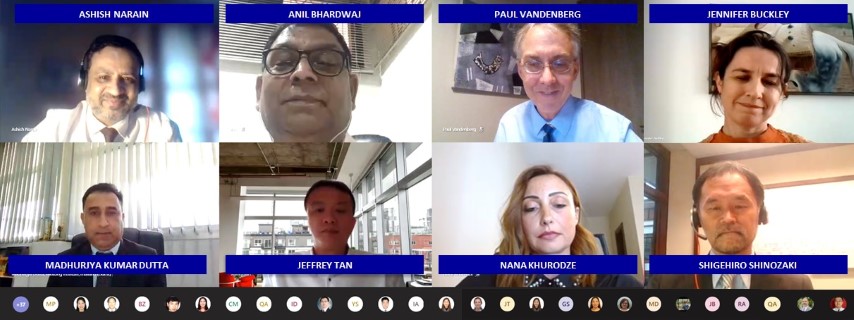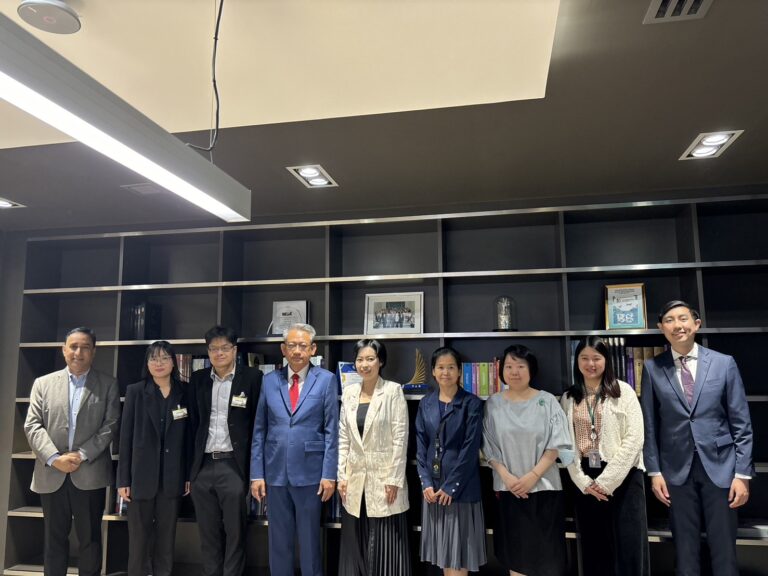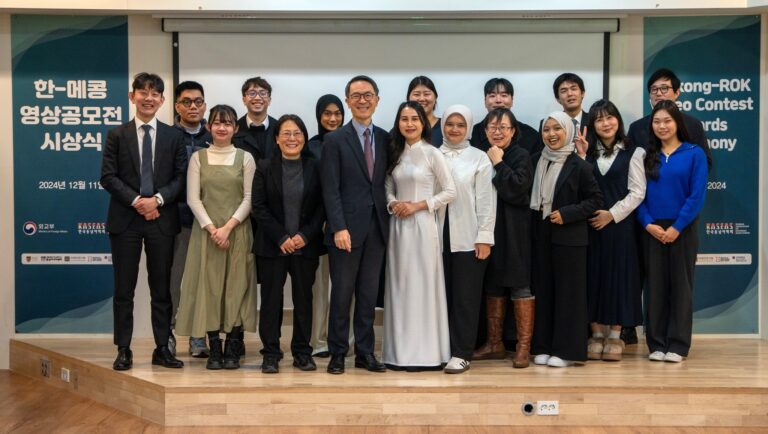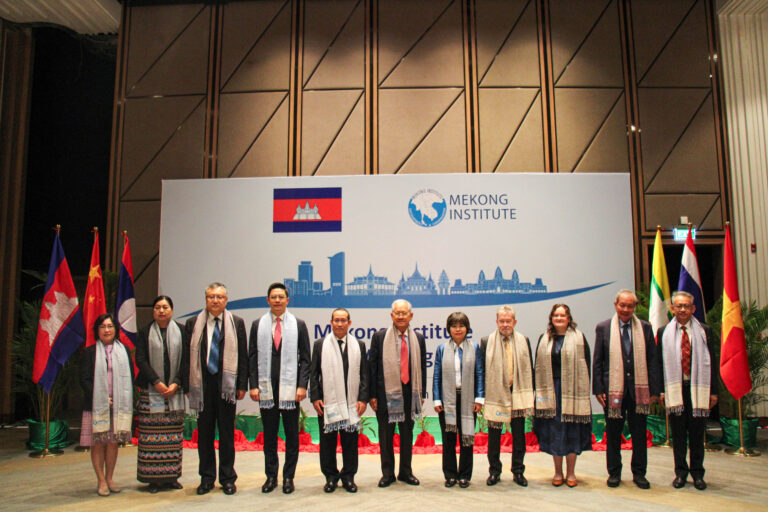Mr. Madhurjya Kumar Dutta, Mekong Institute’s (MI) Director of Trade and Investment Facilitation, underscored the value of small- and medium-sized enterprises (SMEs) in the regional economy at the webinar on “Supporting SME Internationalization in the New Normal” last September 15, 2020.
Hosted by the Asian Development Bank, Mr. Dutta, was one of four speakers, who presented ways forward to strengthen the resilience of small- and medium-sized enterprises against a COVID-19 landscape.
“The pandemic underlined the need for SMEs to access new markets and tap on digitization practices as safeguards against risk of loss and to protect return of investments,” he said during the session.
Since the start of the pandemic, supply chain disruptions and low consumer demand have severely affected small businesses, particularly those integrated into the global value chains. These have resulted to a halt in traditional economic activities and a rise in unemployment.
Despite these challenges, opportunities have opened with the widespread practice of e-commerce in the Mekong region. Recognizing its significance to national economies, governments have intensified efforts to assist small businesses to better adapt to digital technologies. These include initiating investments in strengthening digital platforms and looking more closely on how to widen their access to new markets and identify new supply sources and markets for goods and services.
In support of this, MI has been delivering holistic capacity building investments and strategic policy support to Cambodia, P.R. China, Lao PDR, Myanmar, Thailand and Vietnam to address the demand for new types of business skills and facilities. Most recently, MI embarked on a partnership with the Korea International Cooperation Agency to deliver gender-responsive measures in strengthening women entrepreneurs’ entry and participation in the competitive global market.
“With changes in consumer habits, our focus now is to help small entrepreneurs, particularly women-led SMEs, sustain and expand their businesses by enhancing their managerial skills, broadening their access to information on market trends and opportunities, and mentoring them to expand their business networks and export products via digital platforms” Mr. Dutta explained.
MI has also rolled out activities to promote rural e-commerce in the region for more inclusive growth. In addition, MI is planning the launch of the GMS Logistics Forum in November 2020 to support the enhanced efficiency of logistics and transport processes and to help establish wider business collaborations in and outside the Mekong region.







